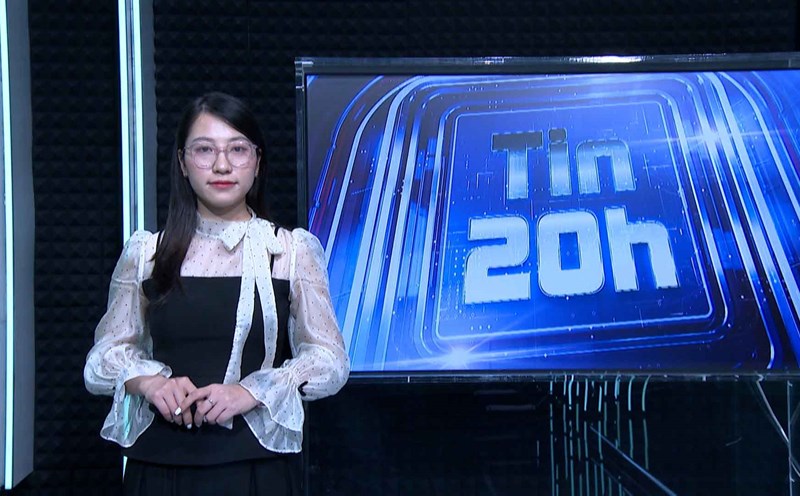On July 31, US President Donald Trump affirmed that he would impose new sanctions on Russia if the Ukrainian conflict did not end soon, although he acknowledged that these orders may not have as much impact as expected.
Previously, on July 28, President Trump shortened the deadline for Moscow and Kiev to reach a ceasefire agreement from 50 days to 10 days.
If the deal is not reached on schedule, Washington has warned of implementing a series of tough measures, including a 100% import tax and secondary sanctions against countries that maintain trade relations with Russia.
The Washington administration's goal is to reach a ceasefire before August 8.
Since the beginning of July, the US President has continuously increased pressure on Moscow. According to US officials, Mr. Trump is gradually losing patience and is no longer ready to wait for Russia to act to end the conflict.
The White House has also just announced that special envoy Steve Witkoff will travel to Russia after finishing his schedule in Israel and Gaza. Witkoff has represented the US in closed dialogue channels with Russia many times.
Meanwhile, Russia has reacted quite cautiously to the warning from Washington.
Kremlin spokesman Dmitry Peskov affirmed that Moscow has adapted to the situation of being sanctioned for a long time and is still likely to be "diseased". The Russian government also reaffirmed its readiness for peaceful dialogue, but the conditions must accurately reflect the strategic interests and the actual territorial state.
Since the Kiev crisis in 2014 and especially after the conflict escalated in 2022, Russia has become the country with the most sanctions in the world, with more than 10,000 restrictions mainly from the US and the European Union (EU).











